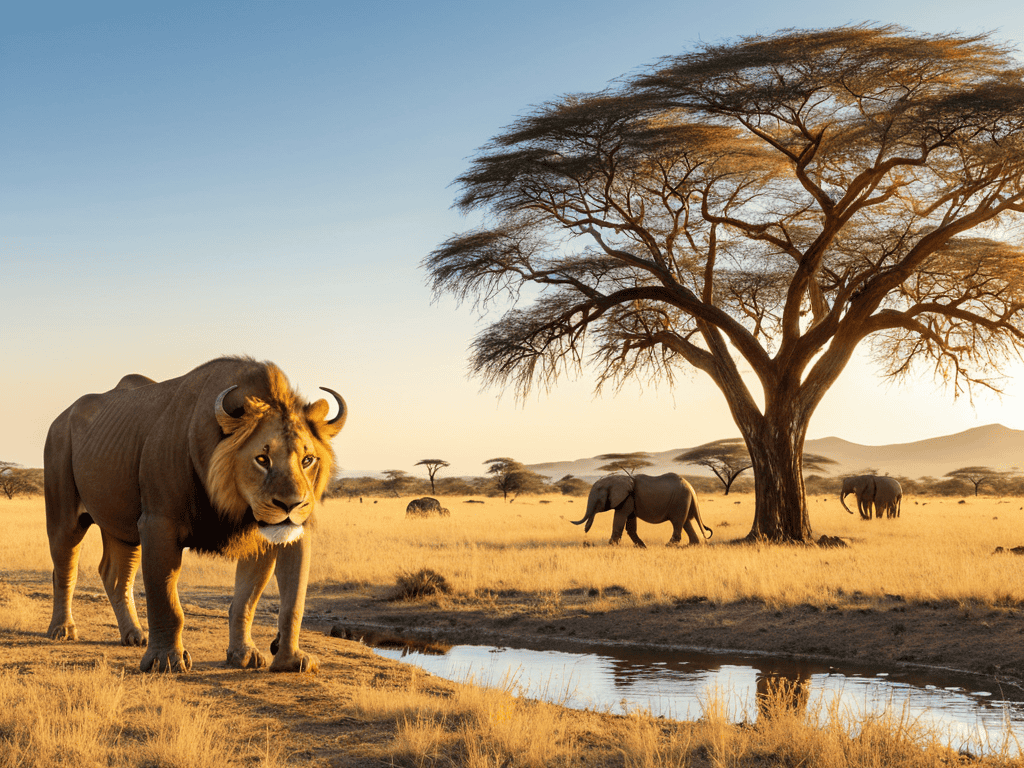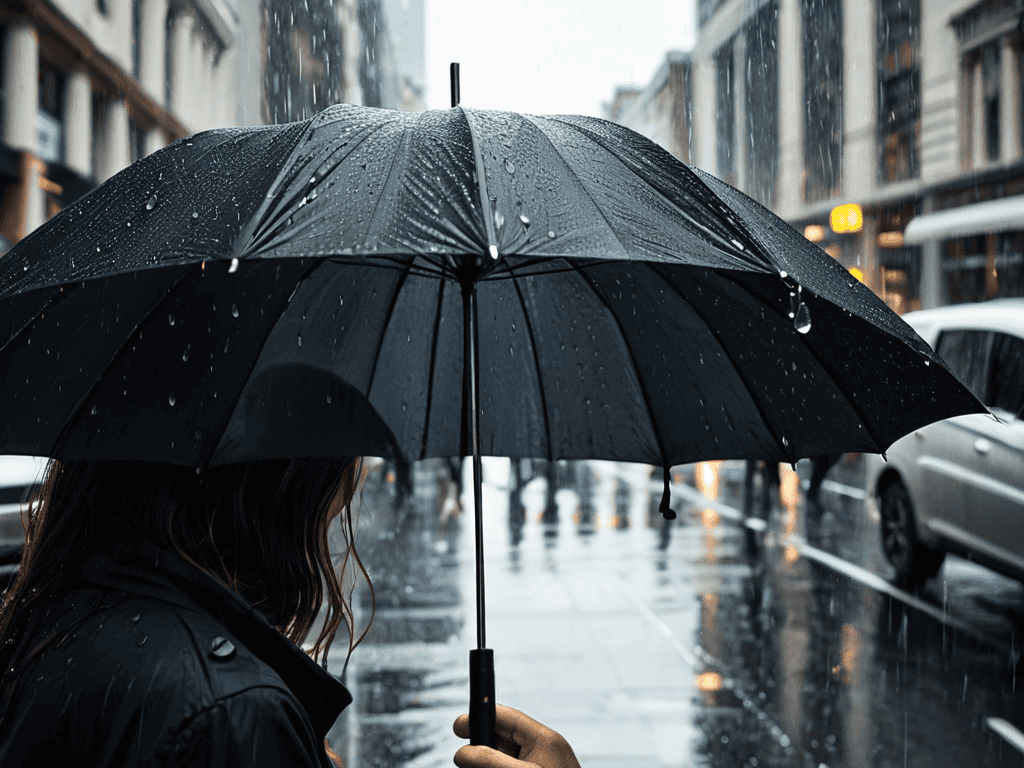I still remember the thrill of my first African safari, where I spotted all of the Big Five in their natural habitat. It was an experience of a lifetime, and one that I believe everyone should have. However, planning a trip to see these incredible animals can be a daunting task, which is why I’ve put together a guide to planning a trip to see the Big Five on an African safari. Many people think that going on a safari is only for the wealthy or experienced travelers, but I’m here to tell you that with the right planning, anyone can have this amazing experience.
In this article, I’ll share my personal story and provide you with honest and practical advice on how to plan your dream safari trip. You’ll learn how to choose the right destination, time of year, and tour operator to ensure that you get up close and personal with the Big Five. I’ll also give you tips on what to pack, how to stay safe, and how to make the most of your time on the safari. Whether you’re a seasoned traveler or just starting to plan your trip, this article will provide you with the insider knowledge you need to make your African safari adventure a reality.
Table of Contents
Guide Overview: What You'll Need
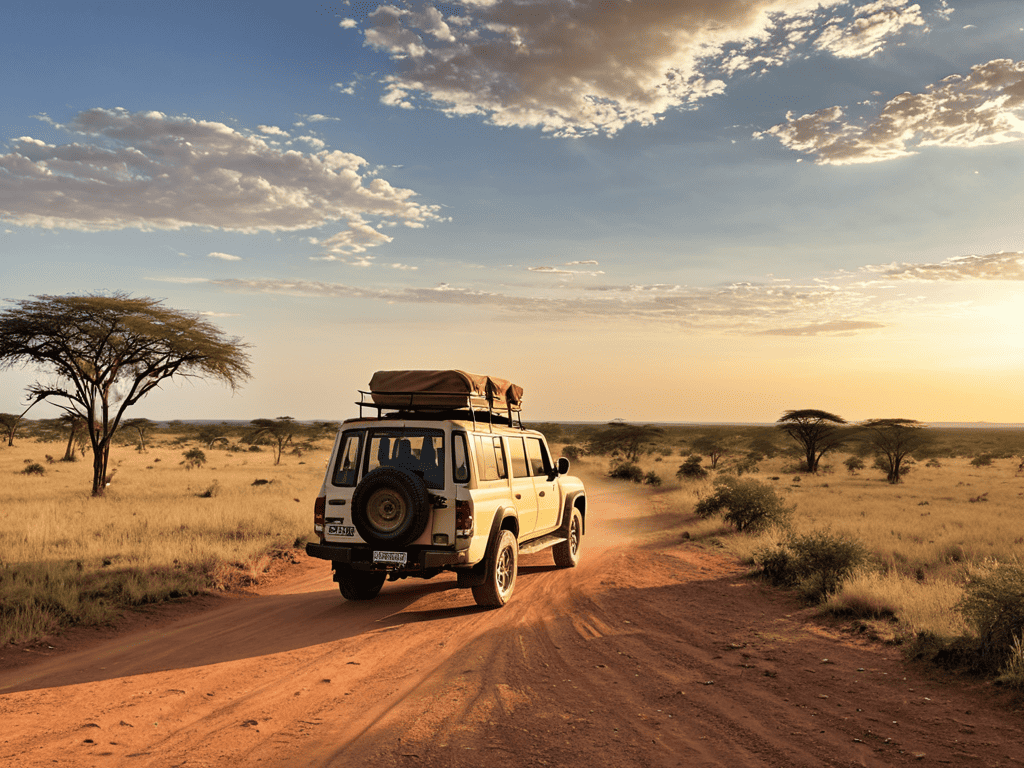
Total Time: several days to 2 weeks
Estimated Cost: $5,000 – $20,000
Difficulty Level: Hard
Tools Required
- Binoculars (for wildlife viewing)
- Camera (with telephoto lens)
- Sunscreen (with high SPF)
- Insect Repellent (with DEET or picaridin)
- First Aid Kit (with basic medical supplies)
Supplies & Materials
- Comfortable Hiking Boots (waterproof and ankle-high)
- Lightweight and Breathable Clothing (in neutral colors)
- Water Bottle or Hydration Pack (staying hydrated is essential)
- Power Adapter for Charging Electronics (for foreign outlets)
- Travel Documents (passport, visa, and travel insurance)
Step-by-Step Instructions
- 1. First, let’s start by defining the Big Five: lion, leopard, rhinoceros, elephant, and Cape buffalo. These incredible animals are the main attraction for many safari-goers, and understanding their habitats and behaviors will help you plan your trip. Begin by researching the best locations and times of year to spot each of these amazing creatures, and consider what type of experience you’re looking for – are you interested in photography, conservation, or simply observing these animals in their natural habitats?
- 2. Next, you’ll need to choose a destination that offers the best opportunities for spotting the Big Five. Some of the most popular countries for African safaris include South Africa, Kenya, Tanzania, and Botswana. Each of these countries has its own unique character and advantages, so it’s essential to do your research and consider factors like cost, distance, and time of year. For example, the Great Migration in Tanzania’s Serengeti National Park is a world-famous event that takes place every year, but it’s also a very busy time – if you’re looking for a more intimate experience, you might consider visiting during the off-season.
- 3. Now it’s time to select a tour operator or guide service that can help you make the most of your safari experience. Look for companies that have a strong focus on sustainability and responsible tourism, as these will not only provide a more authentic experience but also help to support local communities and conservation efforts. Be sure to read reviews and ask plenty of questions before making a decision – what’s included in the tour package, what’s the guide-to-client ratio, and what kind of expertise can you expect from your guides?
- 4. Once you’ve chosen your destination and tour operator, it’s essential to plan your itinerary carefully. Consider the time of year, the weather, and the migration patterns of the animals you want to see. Your tour operator should be able to provide guidance on this, but it’s also a good idea to do your own research and have a clear idea of what you want to achieve. For example, if you’re interested in seeing the Big Five in a single day, you’ll need to plan your itinerary carefully to maximize your chances – this might involve early morning game drives, late afternoon excursions, and plenty of downtime in between to rest and relax.
- 5. As you prepare for your safari adventure, don’t forget to pack essential gear like binoculars, a camera, and comfortable clothing. It’s also a good idea to bring sunscreen, insect repellent, and any personal medications you may need. If you’re planning to participate in physical activities like hiking or camping, be sure to pack accordingly – and don’t forget to leave some extra space in your luggage for souvenirs and other items you might acquire along the way.
- 6. Before you depart, make sure you have all the necessary travel documents and vaccinations. Check with your doctor or a travel clinic to determine what vaccinations are required for your destination, and be sure to apply for any necessary visas or permits well in advance. It’s also a good idea to purchase travel insurance that covers unexpected medical or travel-related expenses – this can provide peace of mind and help you budget for your trip more effectively.
- 7. Finally, as you embark on your African safari adventure, remember to stay safe and respectful of the animals and their habitats. Keep a safe distance from the wildlife, follow all instructions from your guides, and avoid littering or disturbing the natural environment. By being mindful of your impact and taking steps to minimize your footprint, you can help ensure that these incredible ecosystems continue to thrive for generations to come – and have a more enriching and memorable experience as a result.
Unleash the Wild
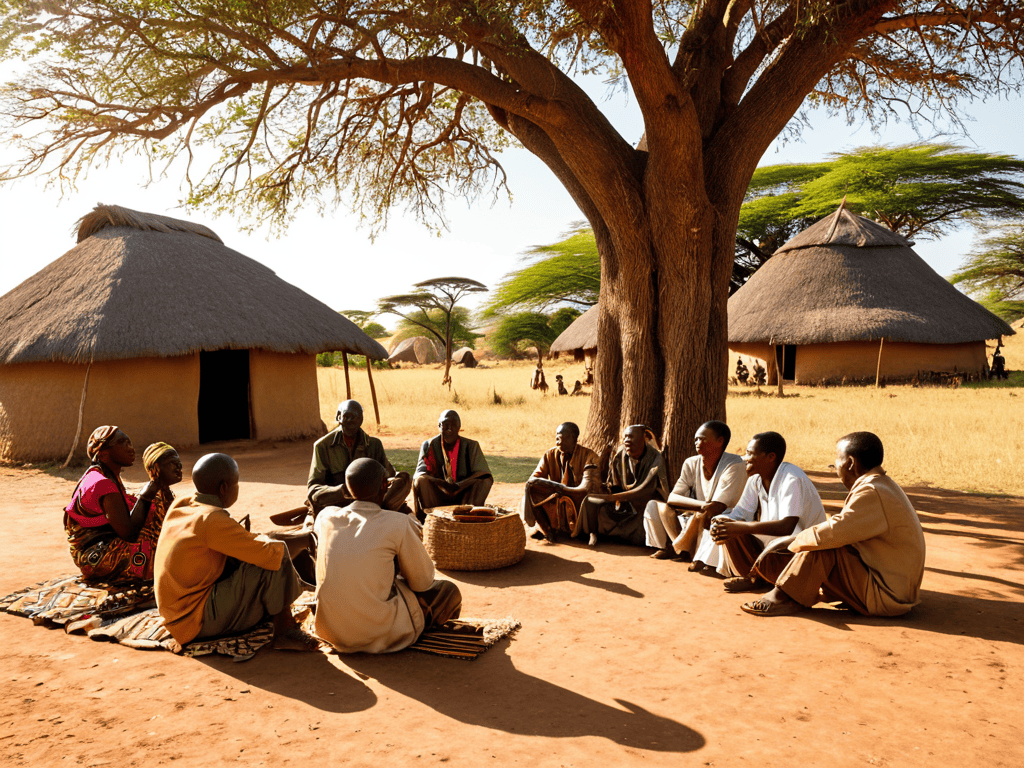
As you’re preparing for your African safari adventure, it’s essential to consider the local culture and customs you’ll encounter during your journey. To ensure a respectful and enriching experience, I recommend checking out some online resources that provide valuable insights into the communities you’ll be visiting. For instance, you can find some great information on websites that offer practical travel tips, which can help you navigate the nuances of cultural exchange and make the most of your time on the continent. If you’re looking for a platform to connect with like-minded travelers and gain a deeper understanding of the local way of life, you might want to visit sexkontakte, which can be a useful tool for those seeking to expand their social circle and explore new experiences.
As you embark on your wildlife adventure, it’s essential to consider the equipment that will enhance your experience. Investing in the best camera equipment for safari will allow you to capture breathtaking moments with the Big Five. From lenses to tripods, having the right gear will make all the difference in preserving your memories.
When it comes to safari clothing and gear, it’s crucial to prioritize comfort and practicality. Choose clothing that is breathable, moisture-wicking, and suitable for the African climate. Don’t forget to pack essential items like binoculars, a first-aid kit, and a water bottle. Safari safety tips and precautions should also be taken into consideration, such as staying hydrated, wearing sunscreen, and being mindful of your surroundings.
To make the most of your African safari tour, consider working with reputable African safari tour operators who prioritize wildlife conservation efforts in Africa. These operators often provide valuable insights into the local ecosystem and support sustainable tourism practices. By choosing a responsible tour operator, you’ll not only have a more enjoyable experience but also contribute to the preservation of Africa’s incredible wildlife.
African Safari Budget Planning Tips
When it comes to budgeting for your African safari, it’s essential to consider all the costs involved. This includes the cost of flights, accommodation, food, and activities. A daily budget of $500-$700 per person is a good estimate, but this can vary depending on the country and type of safari you choose.
Additional costs such as equipment rentals, gratuities, and visa fees should also be factored into your budget. It’s also a good idea to set aside a contingency fund for any unexpected expenses that may arise during your trip.
Safari Clothing and Gear Essentials
When it comes to unleashing your wild side on an African safari, the right clothing and gear can make all the difference. Dressing in layers is key, as temperatures can fluctuate greatly between morning and evening game drives. Opt for breathable, neutral-colored clothing that allows for ease of movement and won’t startle the wildlife.
A good pair of binoculars, a waterproof jacket, and sturdy hiking boots are also essentials to pack. Don’t forget a comfortable hat, sunscreen, and insect repellent to protect you from the elements. With the right gear, you’ll be free to focus on the incredible sights and sounds of the African wilderness.
Safari Success: 5 Essential Tips for a Thrilling Big Five Adventure
- Research and choose a reputable safari tour operator to ensure a safe and unforgettable experience
- Pack smart with lightweight, neutral-colored clothing and sturdy gear to handle the rugged African terrain
- Plan your trip during the dry season for optimal game viewing and comfortable traveling conditions
- Respect and prioritize the welfare of the animals and the environment by following guides’ instructions and eco-friendly practices
- Be prepared for the unexpected and stay flexible, as the dynamic African wilderness can surprise even the most seasoned travelers
Key Takeaways for an Unforgettable African Safari
Plan meticulously, considering factors such as the best time to visit, choosing the right safari destination, and preparing essential gear and clothing to ensure a safe and enjoyable experience
Budget wisely, taking into account not just the cost of the safari itself, but also travel to and from the destination, accommodations, and any additional activities or excursions you wish to undertake
Immerse yourself in the wild, adopting a mindset that is open to the unexpected wonders and challenges of the African savannah, and remembering to respect and appreciate the natural habitats and incredible wildlife that make this adventure so unique
Embracing the Wild
The African safari is not just a journey to witness the majesty of the Big Five, but a testament to the unbridled spirit of adventure that resides within us all, waiting to be unleashed.
A Fellow Traveler
Bringing Your Safari Dream to Life
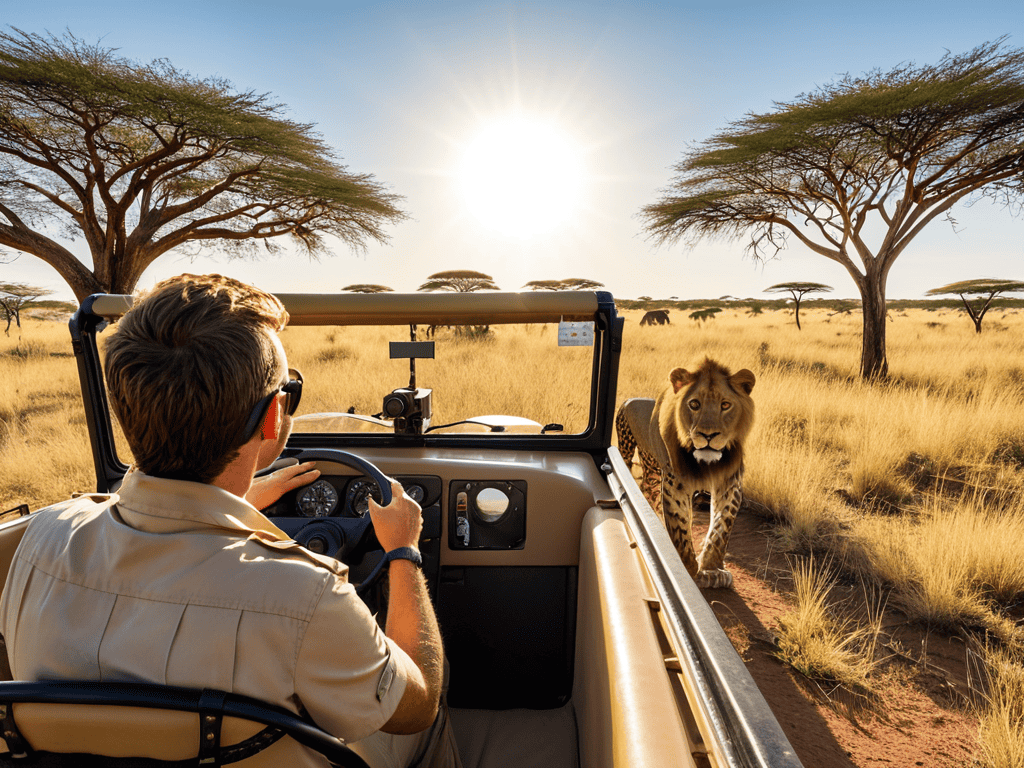
As you finalize your plans for the ultimate African safari adventure, remember to pack wisely and plan your budget carefully. From choosing the right safari clothing to understanding the African safari budget planning tips, every detail counts in making your trip unforgettable. You’ve taken the first step by following our step-by-step guide, and now it’s time to unleash your inner explorer. Whether you’re a seasoned traveler or embarking on your first safari, the experience of tracking the Big Five in their natural habitat is a once-in-a-lifetime opportunity that will leave you with lifelong memories.
As you stand under the vast African sky, surrounded by the untouched beauty of nature, you’ll realize that this journey is not just about seeing animals, but about connecting with the wild and understanding our place within it. So, take a deep breath, let the savannah’s vastness inspire you, and remember that the true magic of an African safari lies not just in seeing the Big Five, but in the journey itself, the people you meet, and the stories you’ll tell for years to come.
Frequently Asked Questions
What are the best times of year to visit different African countries for a Big Five safari?
For a Big Five safari, the best time to visit varies by country. In South Africa, May to September is ideal, while in Kenya and Tanzania, July to October is prime. For Botswana, June to August is best, and in Zambia, May to October offers great wildlife viewing.
How do I choose a reputable and safe safari tour operator?
When choosing a safari tour operator, research is key. Look for operators with excellent reviews, transparent pricing, and a strong focus on safety and conservation. Check if they’re members of reputable associations, such as the African Travel and Tourism Association, and ask about their guides’ experience and qualifications.
What are some essential safety precautions I should take while on a Big Five safari?
When venturing into the wild, safety is paramount. Be sure to stay in your vehicle during game drives, keep a safe distance from animals, and follow your guide’s instructions at all times. Also, never feed or approach wildlife, and keep valuables secure to avoid attracting unwanted attention from birds or monkeys.
